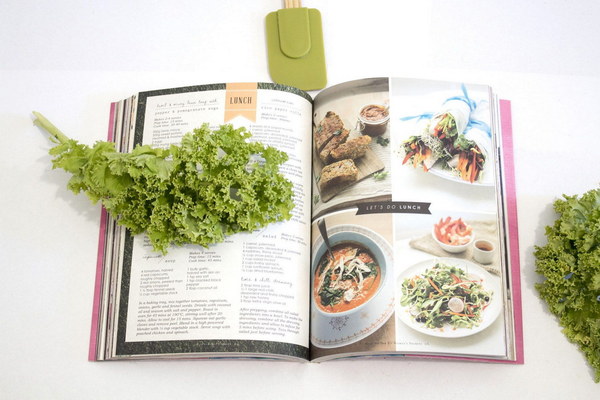Top 5 Herbal Remedies for Lung Health Natural Supplements to Nourish Your Respiratory System
Top 5 Herbal Remedies for Lung Health: Natural Supplements to Nourish Your Respiratory System
The lungs are vital organs responsible for oxygenating the blood and removing carbon dioxide from the body. Maintaining healthy lungs is crucial for overall well-being. While modern medicine offers various treatments, natural remedies have been used for centuries to support lung health. Below, we explore the top five herbal remedies that can help nourish and protect your respiratory system.

1. Elderberry (Sambucus nigra)
Elderberry is a well-known herb with a rich history of traditional use. It is particularly beneficial for the respiratory system due to its anti-inflammatory and immune-boosting properties. Elderberry can help alleviate symptoms of colds, flu, and respiratory infections by supporting the immune system. The flavonoids in elderberry have been shown to reduce the duration and severity of these illnesses.
To use elderberry for lung health, you can consume elderberry syrup, tea, or extract. It's important to ensure the elderberry product is from a reputable source and is free from added sugars or preservatives.
2. Turmeric (Curcuma longa)
Turmeric, a spice commonly used in Indian cuisine, contains a compound called curcumin, which has powerful anti-inflammatory properties. Curcumin has been shown to reduce inflammation in the lungs, making it beneficial for conditions such as asthma and chronic obstructive pulmonary disease (COPD). It can also help to prevent the progression of lung diseases by inhibiting the growth of harmful cells.
To incorporate turmeric into your lung care routine, consider adding it to your meals, taking curcumin supplements, or using turmeric-based teas and extracts.
3. Mullein (Verbascum thapsus)
Mullein is a herb that has been used traditionally to soothe and heal the respiratory system. It contains compounds that have expectorant properties, helping to loosen mucus and ease breathing. Mullein is often used for treating coughs, bronchitis, and other respiratory conditions.
You can consume mullein in the form of tea, tincture, or as an herbal infusion. For best results, prepare the tea by simmering the dried leaves in water and then straining the liquid.
4. Licorice Root (Glycyrrhiza uralensis)
Licorice root is another herbal remedy that can benefit lung health. It contains glycyrrhizin, a compound that has anti-inflammatory and expectorant properties. Licorice root is often used to treat coughs, colds, and bronchitis. It can also help reduce inflammation in the lungs, making it beneficial for individuals with asthma or COPD.
Licorice root is available in various forms, including teas, tinctures, and capsules. It's important to use licorice root under the guidance of a healthcare professional, as high doses can have adverse effects on blood pressure and potassium levels.
5. Thyme (Thymus vulgaris)
Thyme is a fragrant herb with a long history of use in respiratory remedies. It contains thymol, a compound that has antibacterial and expectorant properties. Thyme is particularly effective for treating coughs and bronchitis, as it can help to clear mucus from the respiratory tract and reduce inflammation.
Thyme can be consumed as a tea, added to dishes, or taken in supplement form. When making thyme tea, use fresh or dried thyme leaves and steep them in hot water for a few minutes before straining.
Conclusion
While these herbal remedies can support lung health, it's essential to remember that they are not a substitute for medical treatment. If you have a pre-existing lung condition or are experiencing symptoms that concern you, consult with a healthcare professional before starting any new treatment regimen.
By incorporating these natural remedies into your wellness routine, you can help maintain the health of your respiratory system and enjoy improved lung function. Remember to choose high-quality, organic products and consult with a healthcare provider to ensure that these herbs are safe and effective for your specific health needs.









